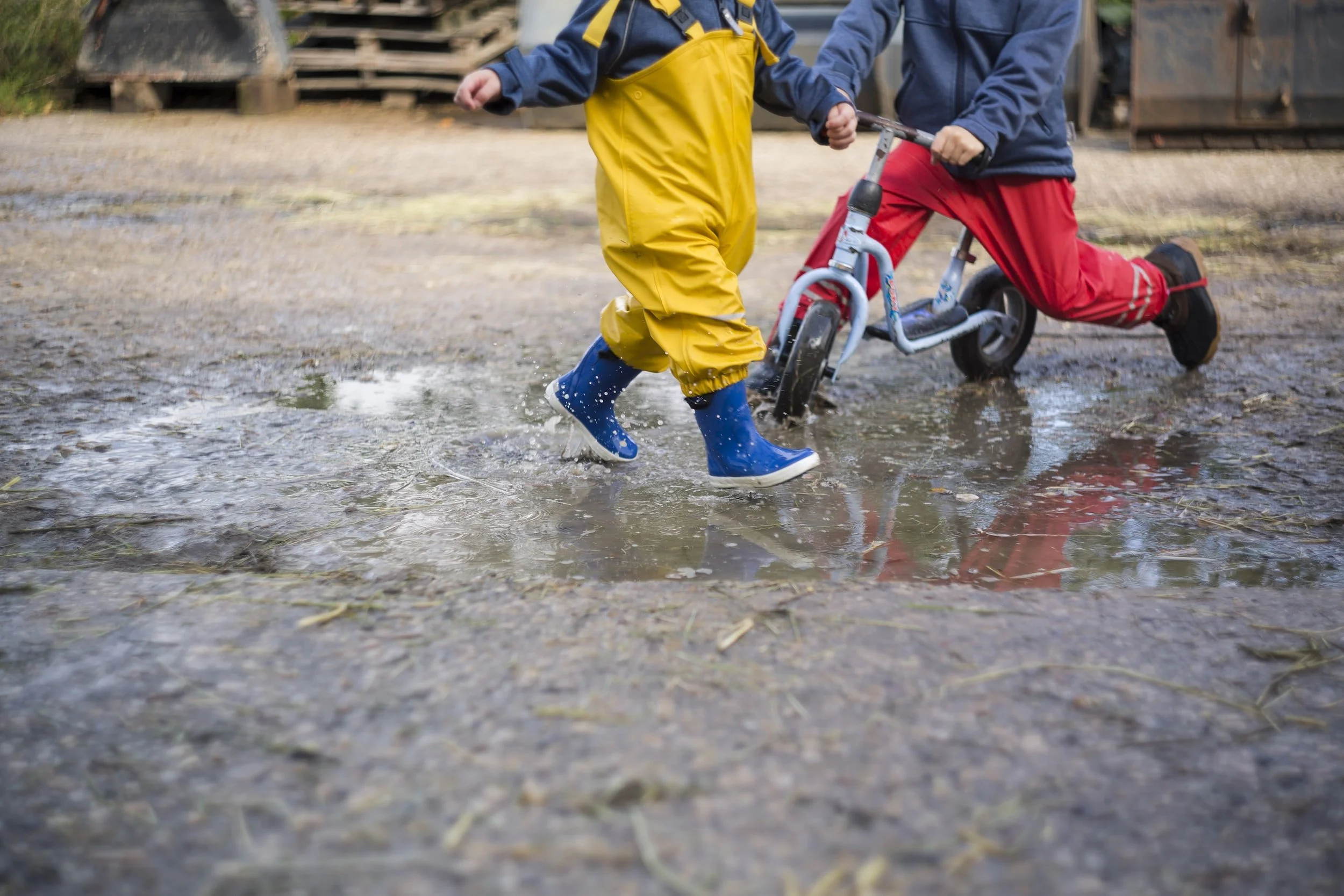Did you know that in recent years, the U.S. has increased in economic segregation and decreased in opportunity? The U.S. now ranks below Canada, Denmark, and the UK in economic mobility. Today, we’re focusing on an interesting factor that social scientists have identified as a helping hand toward upward mobility, friendships, and how schools could play a role in change.
In this new research study, investigators analyzed mountains of data to look for what helps children, growing up in poverty, escape it as adults. Over and over again, researchers saw the power of cross-class friendships. Raj Chetty, an economist at Harvard on the research team summed it up very clearly saying, “Growing up in a community connected across class lines improves kids’ outcome and gives them a better shot at rising out of poverty.”
In other words, cross-class friendship might be the determining factor, but a child’s community plays a major role in their opportunities for cross-class friendships. Where does friendship happen? Sometimes a neighborhood park or a religious organization can be a good place to connect, but more often than not, the background for childhood friendships is school. So, what happens when assigned schools are connected to the economic situation of neighborhoods? Based on the way schools are assigned, the US is not set up well to cultivate cross-class friendships.
But what would happen if school attendance could be disconnected from a neighborhood assignment. A New York Times article investigated this question by looking into Angelo Rodriguez High School, a school atmosphere where the school was not connected to a single neighborhood. According to the article, the school had “ an unusually shaped district, including both poorer and richer neighborhoods, and also accepted some students from outside that district’s boundaries.”
The school also happened to be known for an unusual amount of cross-class friendships. When interviewed, Mari Bowie, an alum of the school who grew up in a broken lower-to-middle class home, described making friends with wealthier girls in her class and how their parents helped her sign up for the right SAT class and read her personal statements for college. Now a lawyer, Bowie is one example of how both relationships and exposure to more opportunities can help children rise out of poverty.
Many have assumed that housing policy is the place to make change with the idea that if we move children to better neighborhoods, they will ultimately get better schools. But Angelo Rodriguez High School tells a different story. Like many non-traditional education options available through school choice programs, Angelo Rodriguez High School saw the benefits of a school being disentangled from neighborhood poverty. Children whose school assignments are disconnected from the financial situation of their community often see benefits like cross-class friendships. Check out a policy that not only allows for financial diversity in schools by allowing multi-neighborhood attendance, but also can make neighborhoods more diverse places to live.

